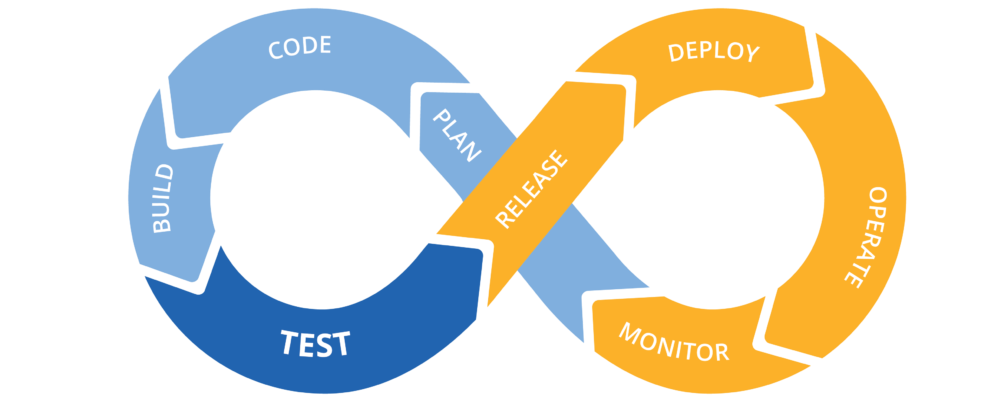5 Common misconceptions about devops

DevOps is a transformative operational concept designed to help the development and production team coordinate operations more effectively and efficiently. In theory, DevOps software is designed to be more focused on cultural changes that stimulate collaboration and efficiency, but the focus often ends up being placed on daily tasks, distracting organizations from the major core principles – and value – that DevOps is built around.
This has even led to many technology professionals developing misconceptions about DevOps because they have been part of the deployments- or know people who have been involved in DevOps plans – that strayed from the core principles of the movement.
This struggle is understandable. Some of the cultural changes are abstract measures that, when delivered effectively, lead to process innovation and significant value creation. That is the aim of DevOps. Moreover, not everybody will buy into cultural adjustments and be comfortable with the idea of adjusting how they work. This even leads organisations to respond with strict procedural guidelines that sometimes detract from the results of movements like DevOps.
So, here are some of the common misconceptions that emerge from this kind of environment include:
- DevOps Doesn’t Work With ITIL Models
The IT infrastructure library creates seemingly rigid best practices to help organizations create stable, controllable IT operations. DevOps is built around creating a continual delivery environment by breaking down the longstanding operational silos. It would even seem that these two principles are contradictory, but ITIL gets a lot of bad press that it does not deserve. The truth is that ITIL features lifecycle management principles that align naturally with what organizations are trying to achieve through DevOps.
- ITIL is too Rigid for DevOps
The core process models of DevOps can work easily, but some people think that even if you can make the marriage work, it will fall apart because ITIL is so rigid, and DevOps focuses on giving users the flexibility to work in whichever way works best for them. There may be some of the major conflict here, but ITIL has been changing in recent years.
- DevOps Emphasizes Continuous Change
There is no way around it; you will need to deal with more change and release tasks when integrating DevOps principle into your operations, the focus is placed heavily on accelerating deployment via development and operations integration after all. This perception comes out of DevOp’s initial popularity among web app developers. DevOps for Dummies explained that most businesses will not face the change that is so frequent, and do not need to worry about continuous change deployment just because they are supporting DevOps.
- DevOps Forces Developers to Bailout Operations Teams
This misconception is often the result of the DevOps deployments that don’t go so well. If your DevOps tools end up building down to production teams complaining that an app is causing compatibility issues and needs to be changed, you are not really doing DevOps correctly. The goal is to get both teams to work constructively to build applications with the production, configuration in mind, and bring development-related knowledge into the final push to release.
- DevOps Eliminates Traditional IT Roles
If in your environment of DevOps, your developers suddenly need to be good system admins, change managers, and database analysts, something went wrong. DevOps, as a movement help to eliminates traditional IT roles, will put too much strain on workers. The objective is to break down collaboration barriers, not ask your Developers to do everything. Specialized skills play a major role in effective support operations, and traditional roles are valuable in DevOps.
RECENT POSTS
-
 Clavent’s Emerge 2020 Martech Summit Goes Virtual, powered by CleverTap08 Sep 2020 PR
Clavent’s Emerge 2020 Martech Summit Goes Virtual, powered by CleverTap08 Sep 2020 PR -
 Emerge 2020 HR Tech Summit Concluded Successfully12 Jul 2020 PR
Emerge 2020 HR Tech Summit Concluded Successfully12 Jul 2020 PR -
 Emerge 2020 HR Tech Summit12 Jul 2020 PR
Emerge 2020 HR Tech Summit12 Jul 2020 PR -
 My Experience Attending "How to Build High Performing Teams?" - Workshop On How to be a Good Manager.12 May 2020 Authored Articles
My Experience Attending "How to Build High Performing Teams?" - Workshop On How to be a Good Manager.12 May 2020 Authored Articles -
 Top Quantum Computing Companies to look out for in 202029 Apr 2020 Listicles
Top Quantum Computing Companies to look out for in 202029 Apr 2020 Listicles
